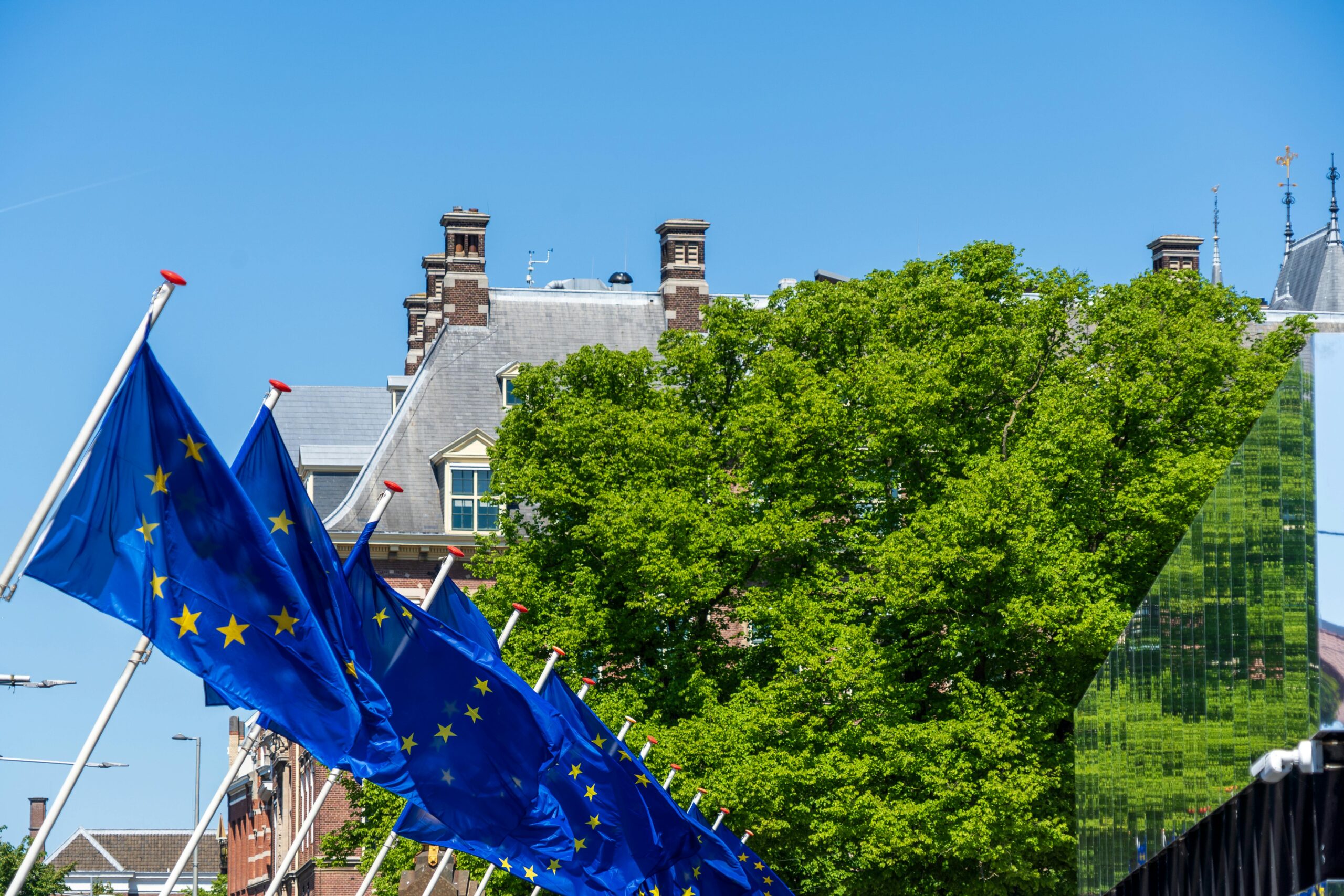The European Commission is considering a new policy that could require non-EU companies, particularly those from China, to share their technology and manufacturing expertise with European partners. This move, part of a broader strategy to boost Europe’s industrial competitiveness, has gained traction following the Dutch government’s recent intervention in Nexperia, a Chinese-owned tech firm. The proposed framework, which could be unveiled on 25 November as part of the European Commission’s Industrial Accelerator Act, aims to curb China’s manufacturing dominance and ensure that key industrial and technological advancements remain within the European bloc.
A new framework for foreign investment
The proposed policy framework, that would be included in the upcoming Industrial Accelerator Act, represents a significant shift in the European Union’s approach to foreign investment. If implemented, it would introduce new conditionalities for non-EU companies wishing to operate or invest in the bloc, particularly in key sectors such as automotive, batteries, and advanced manufacturing. These conditions could include mandatory local operations and, most notably, the transfer of technology and production expertise to European counterparts.
While the rules would apply to all non-EU firms, they are widely seen as being primarily aimed at China, whose companies have been accused of benefiting from an uneven playing field. The idea has found support among some EU member states, with Denmark advocating for Europe to “play by the same rules” as China and implement similar reciprocity measures. Spanish executives are also reportedly in favour of the proposal and are urging their government to support it.
The Nexperia case
The debate over technology transfer has been brought into sharp focus by the recent case of Nexperia, a Dutch semiconductor company owned by the Chinese firm Wingtech. On 12 October, the Dutch government took the unprecedented step of assuming control over Nexperia, citing “acute serious governance shortcomings” that posed a threat to crucial technological knowledge and capabilities.
The move, which was closely coordinated with the European Commission, grants the Dutch Ministry of Economic Affairs the power to block or reverse board decisions, effectively preventing the transfer of assets, intellectual property, or personnel changes without government approval for a year. Moreover, according to new court filings released several days later, the intervention was initiated due to concerns raised by U.S. authorities regarding the company’s leadership structure. Additionally, the company’s inclusion on the U.S. “Entity List” was a factor, stemming from allegations that it was assisting China in acquiring sensitive semiconductor manufacturing technology.
Next steps
The European Commission’s proposal and the Nexperia case highlight the growing determination within the EU to protect its technological and industrial base. The proposed Industrial Accelerator Act, with its potential for mandatory technology transfer, could have far-reaching implications for foreign companies operating in the EU. While the exact details of the framework are yet to be revealed, it is clear that the bloc is moving towards a more assertive industrial policy.

